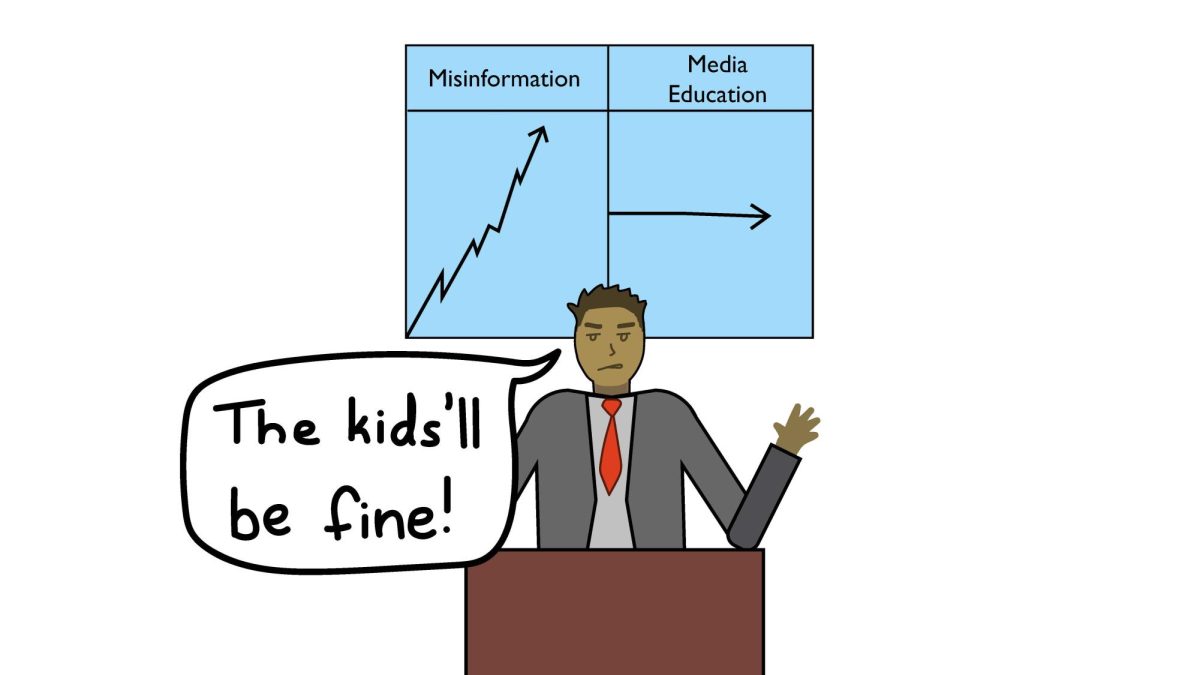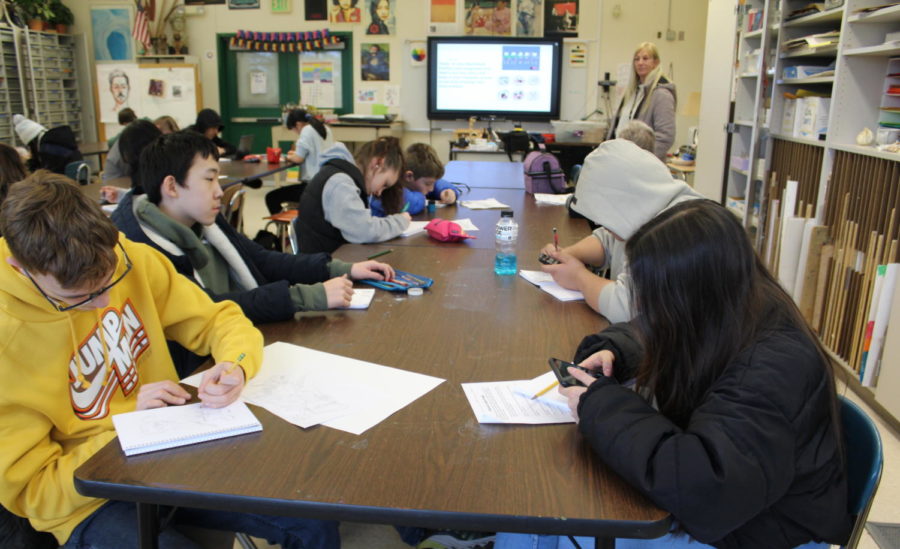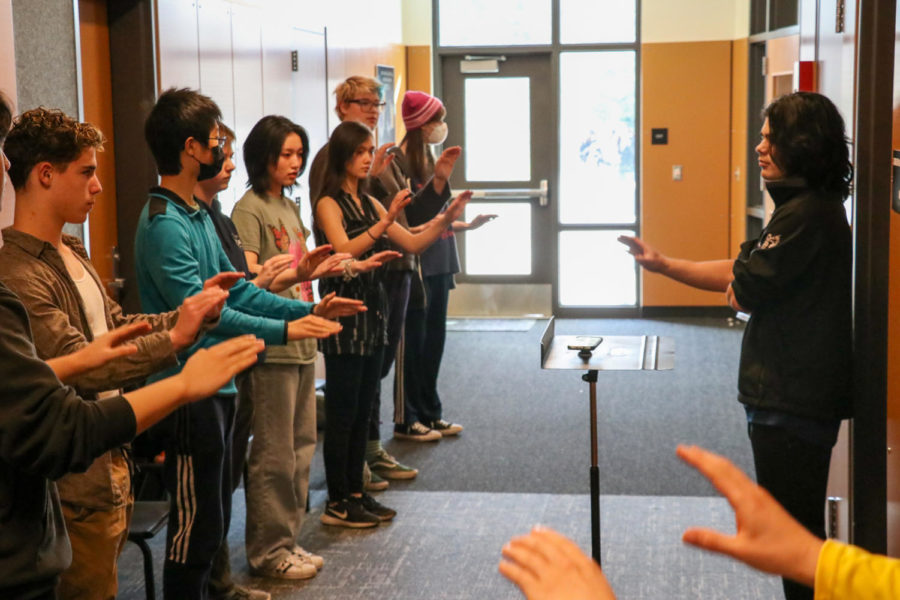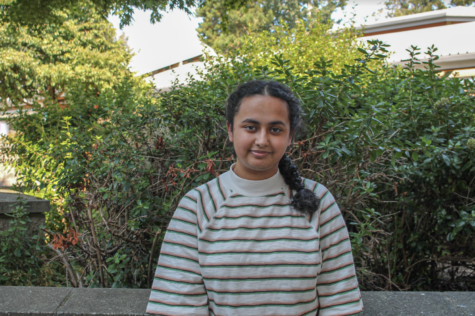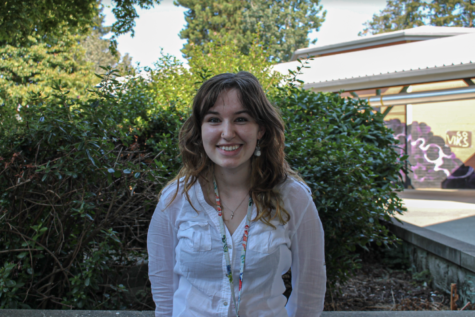Under Washington state law, public schools must protect students from discrimination and harassment on the basis of religion, including religious background, beliefs, dress and expression. However, by centering breaks solely around Christian holidays, the district calendar fails to fully accommodate students practicing non-Christian religions.
Two of the longest breaks of the school year, winter break and spring break, almost always include the two major Christian holidays Christmas and Easter. This year, winter break falls from Dec. 19 – 30, overlapping with Christmas, and spring break is April 10 – 14, covering Easter.
Although the placement of these breaks are often convenient for the administration, many non-Christian students would argue otherwise. Yom Kippur, the holiest day in Judaism, occurred through a Tuesday evening and Wednesday in mid-September, and Diwali, a festival of lights celebrated by several south Asian religions, was in early November. Neither of these holidays conveniently overlapped with school breaks like Christmas and Easter do. This disregard for religions other than Christianity undermines the secularism the United States promotes by forcing non-Christian students to choose between their education and their religion.
On holidays, non-Christian students either have to miss school or postpone their celebrations. For example, many Jewish students have missed multiple days of school because of Yom Kippur and Rosh Hashanah. Even though their absences get excused, these students still miss classes and tests, which hinders their education.
Although the Washington Office of Superintendent of Public Instruction encourages districts not to schedule significant school events on major religious holidays, and the NSD’s website has a calendar of “high impact” days for various religions, this information is often disregarded by staff and knowledge of the district’s calendar seems limited. Countless students have had to stay up late after religious celebrations to complete work due the following day, simply because their religion is not considered important enough.
Some states have already made progress in terms of religious inclusivity, allowing several days off for certain non-Christian religious holidays. In New York, schools close for major Jewish holidays and, as of 2015, two days are given for Muslims to observe Eid. One reason is because of the population demographics, with nearly 1.1 million of New York’s school children being Muslim and another 1.6 million being Jewish. As religious diversity continues to grow across the nation, it begs the question: Why is this not reflected in Northshore’s school calendar?
Decisions made by the Supreme Court on the presence of religion in public schools, such as Abington School District v. Schempp, states that Christmas, Hanukkah and other religious holidays may be observed in a secular manner. This means teachers may teach objectively about the religious components of holidays when they deem the religious elements appropriate as part of an overall secular lesson. Public schools are, however, limited to only celebrating holidays that are of secular significance. Thus, for example, it wouldn’t be appropriate to celebrate Easter in public schools, but it would be appropriate to recognize Thanksgiving. Nonetheless, this underlying favoritism in school environments toward Christianity remains, is evident and needs to stop.
Schools should accommodate the holidays that its students and staff celebrate. They need to respect non-Christian holidays such as the Hindu holiday of Diwali, the Islamic holiday of Eid, the Jewish holidays of Yom Kippur and Rosh Hashanah, Lunar New Year, and so on. Even though the number of days off this would require could be difficult to accommodate, this could be remedied by arranging holidays based on the school population and diversity. Overall, administrators must work towards more inclusive school environments, which includes re-evaluating whether school breaks should schedule in faith-based holidays.









